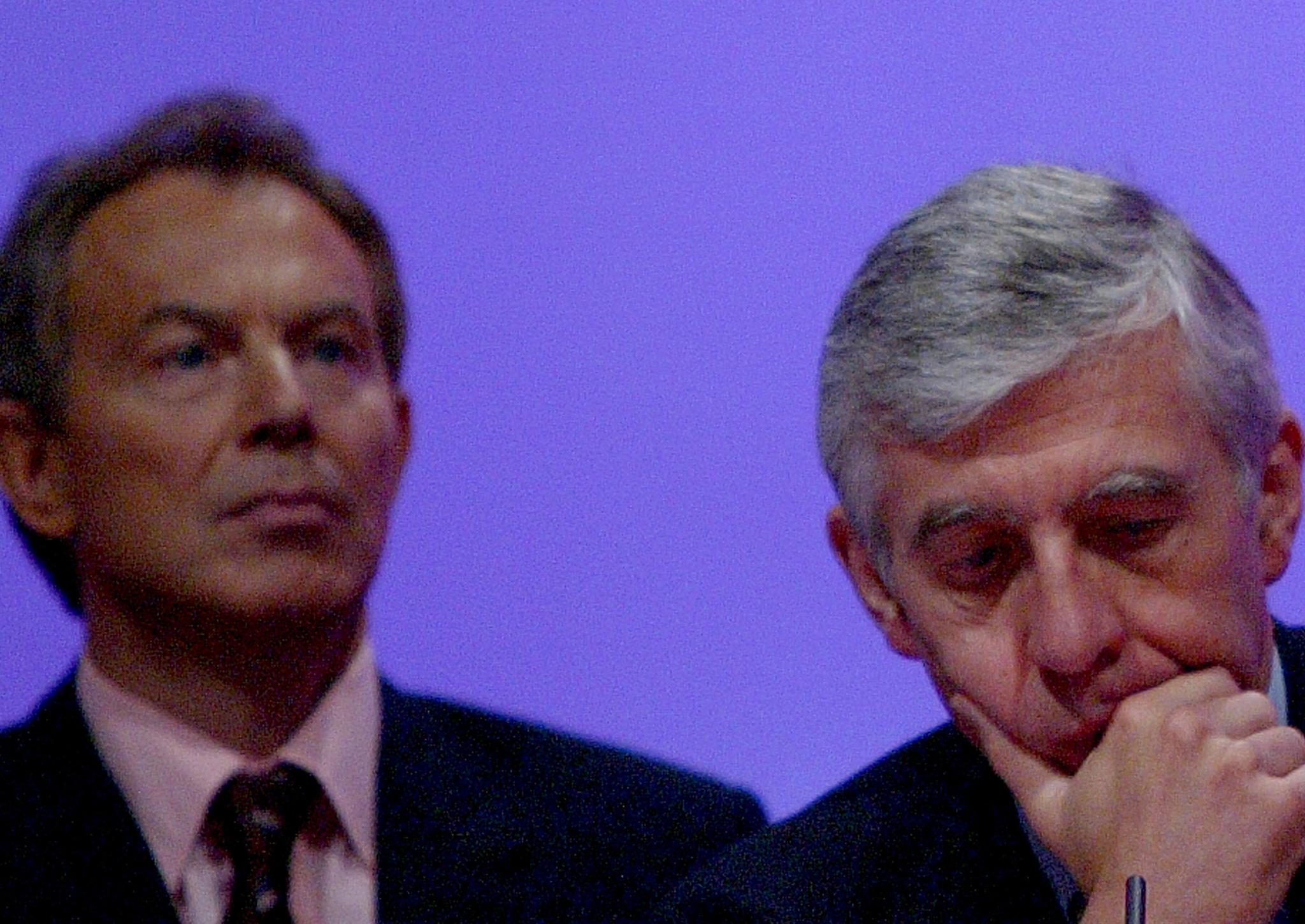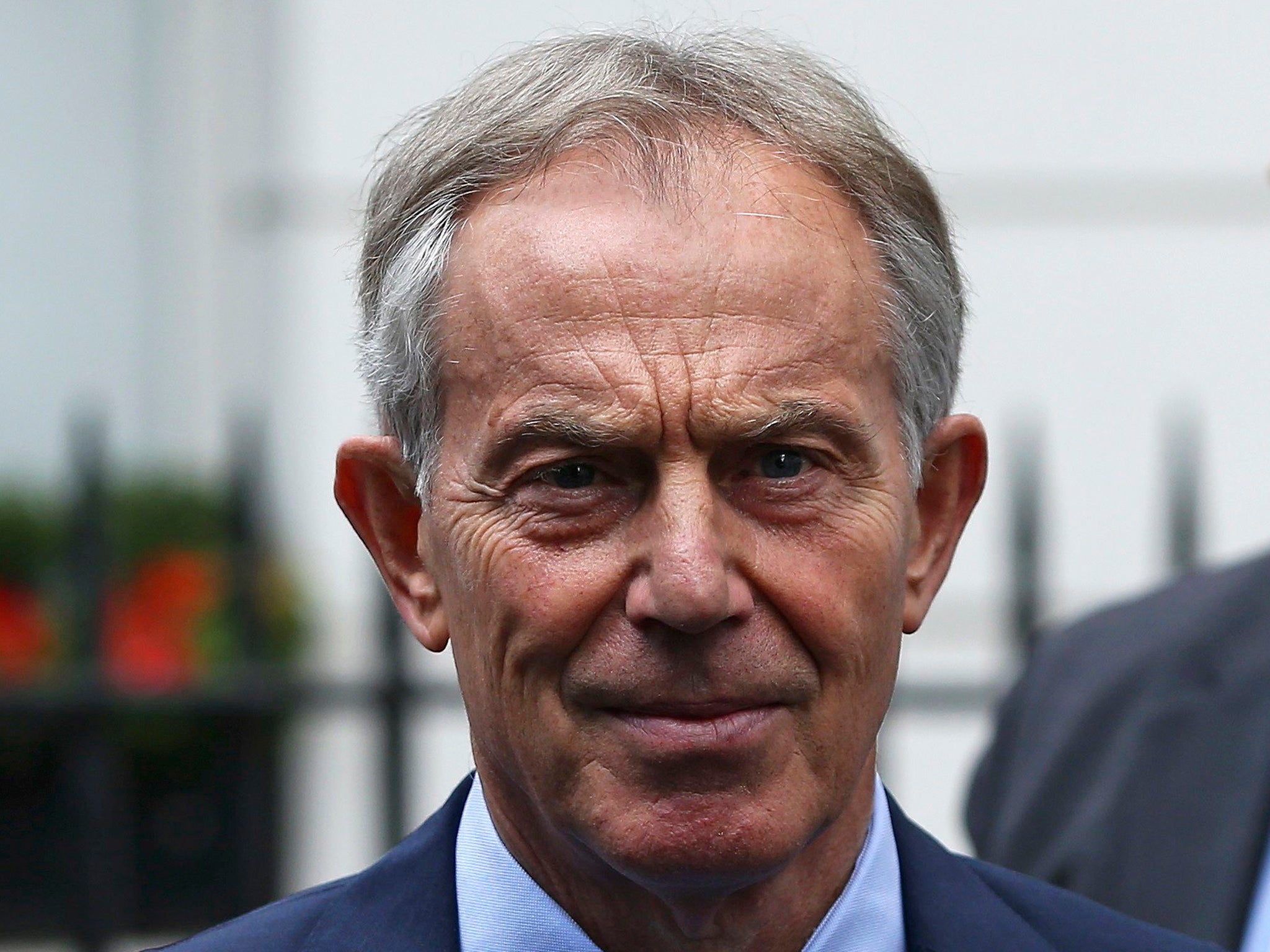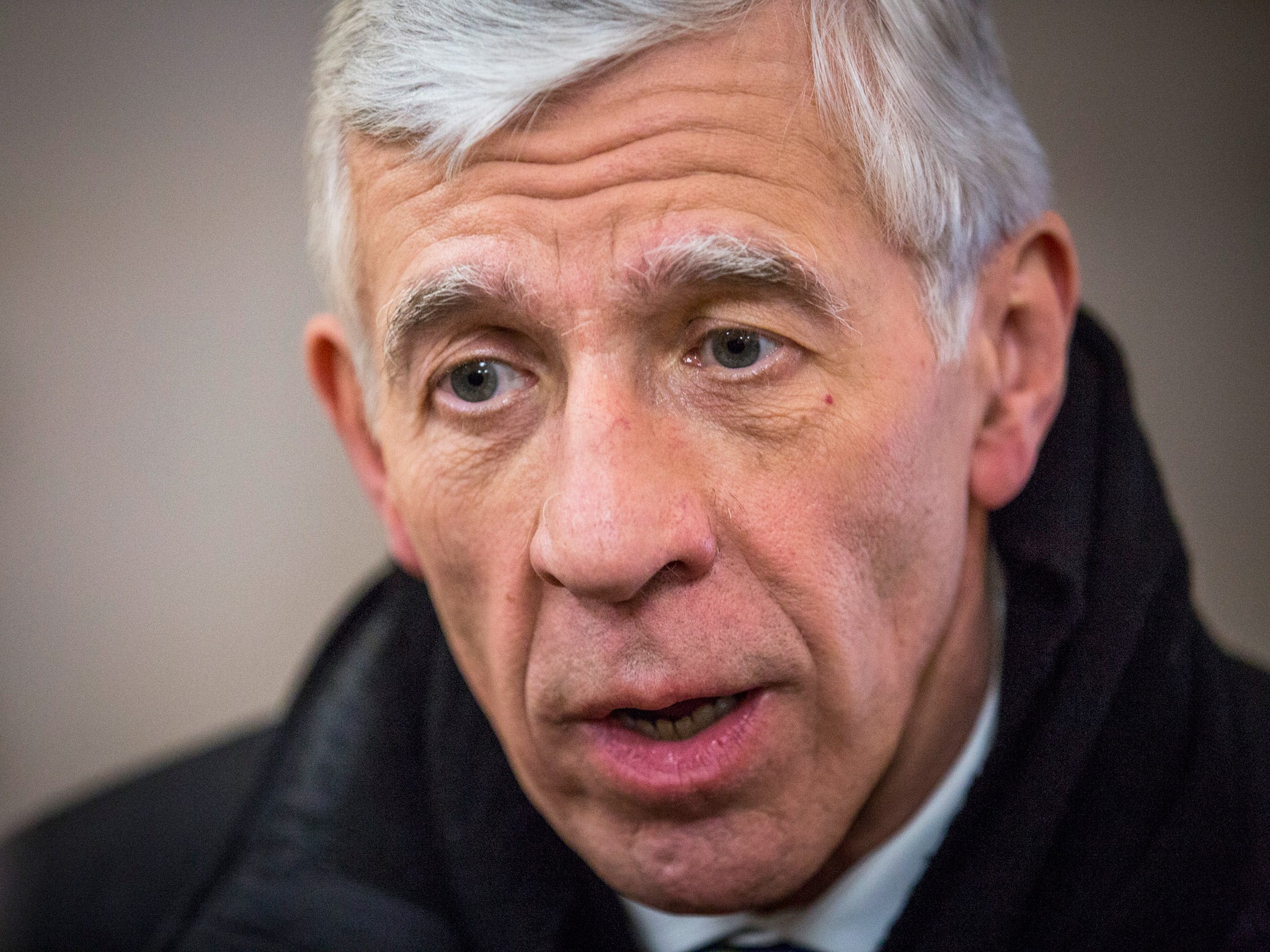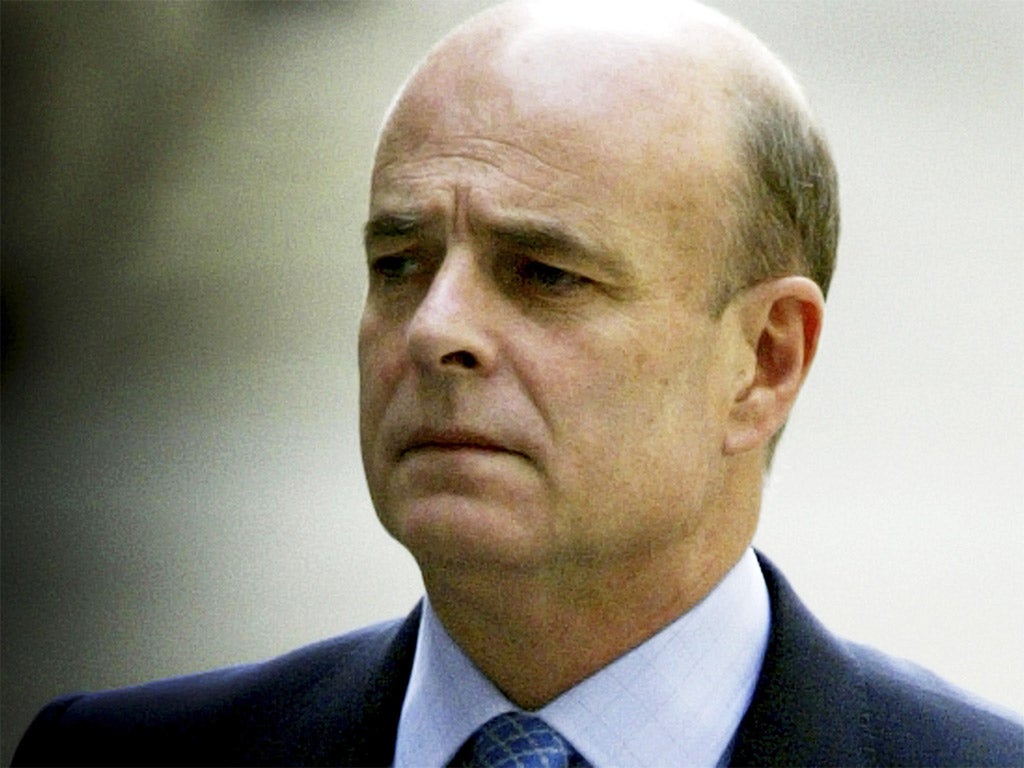Chilcot report: The three people most responsible for taking Britain to war
The conclusion of Sir John Chilcot's inquiry has been most damning on Tony Blair – but who else has been held to account?

Your support helps us to tell the story
From reproductive rights to climate change to Big Tech, The Independent is on the ground when the story is developing. Whether it's investigating the financials of Elon Musk's pro-Trump PAC or producing our latest documentary, 'The A Word', which shines a light on the American women fighting for reproductive rights, we know how important it is to parse out the facts from the messaging.
At such a critical moment in US history, we need reporters on the ground. Your donation allows us to keep sending journalists to speak to both sides of the story.
The Independent is trusted by Americans across the entire political spectrum. And unlike many other quality news outlets, we choose not to lock Americans out of our reporting and analysis with paywalls. We believe quality journalism should be available to everyone, paid for by those who can afford it.
Your support makes all the difference.At 2.6 million words long, and published seven years since the inquiry began, the Chilcot report has laid the main culpability for the Iraq War on Tony Blair, the then foreign secretary Jack Straw, and John Scarlett, who was head of the Cabinet Office’s Joint Intelligence Committee (JIC).
Tony Blair

On Mr Blair, the report states: “In the House of Commons on 24 September 2002, Mr Blair presented Iraq’s past, current and future capabilities as evidence of the severity of the potential threat from Iraq’s WMD. He said that, at some point in the future, that threat would become a reality. The judgments about Iraq’s capabilities in that statement, and in the dossier published the same day, were presented with a certainty that was not justified…. It is now clear that policy on Iraq was made on the basis of flawed intelligence and assessments. They were not challenged, and they should have been...”
Jack Straw

The former Foreign Secretary played a key role in making Iraq a target, the report finds. It points out that before the dossier was produced “the threat from Iraq was viewed as less serious than that from other key countries of concern — Iran, Libya and North Korea.”
The Blair government commissioned an intelligence paper on the WMD threat from “rogue” states. On seeing it on 8th March 2002, Mr Straw wanted there to be more focus on Iraq. “Good, but should not Iraq be the first and also have more text? The paper has to show why there is an exceptional threat from Iraq. It does not quite do this yet.” On 18 March the report noted that a paper on Iraq should be issued without mentioning other countries of concern. However, four days later, “Mr Straw was advised that the evidence would not convince public opinion that there was an imminent threat from Iraq. Publication was postponed.”
John Scarlett

The chairman of the Joint Intelligence Committee (JIC) produced the “dodgy dossier”. Intelligence provided at the time by MI6 had relied heavily on sources who were subsequently found to lack credibility. Important parts of that evidence, which went into the dossier, were not shown to Defence Intelligence Staff (DIS), whose analysts were experts on WMDs, and could have pointed out the flaws in the supposed intelligence.
The report notes that “The JIC’s starting basis was to totally ignore the possibility that Iraq may not actually have any WMDs. At no stage was the hypothesis that Iraq might not have chemical, biological or nuclear weapons or programmes identified and examined by the JIC… Iraq’s statements that it had no weapons or programmes were dismissed as further evidence of a strategy of denial.”
Mr Scarlett and the JIC allowed Mr Blair to write a foreword to the report which claimed that “assessed intelligence” had “established beyond doubt” that Saddam Hussein had "continued to produce chemical and biological weapons, that he continues in his efforts to develop nuclear weapons, and that he has been able to extend the range of his ballistic missile programme."
The report points out that that the assessed intelligence in the dossier had not established this beyond doubt. It says: “The JIC should have made that position clear because its ownership of the dossier, which was intended to inform a highly controversial policy debate, carried with the responsibility to ensure that the JIC’s integrity was protected.”
Join our commenting forum
Join thought-provoking conversations, follow other Independent readers and see their replies
Comments